Slideshow Image Gallery
 Enterobacter species are beneficial commensals of C. elegans. Disruption of TGFbeta signaling impairs immune control, causing an Enterobacter bloom (but not of other gut bacteria), and turns a beneficial commensal to an opportunistic pathogen. Photo Credit: Michael Shapira Learn More: |

A small spearing stomatopod (Lysiodquillina maculata) catches a yellow-tailed damsel fish that wandered too close to the mantis shrimp's burrow. Learn More: |
 The core of the Integrative Biology Department is a group of committed faculty members with diverse research interests. Learn More: |
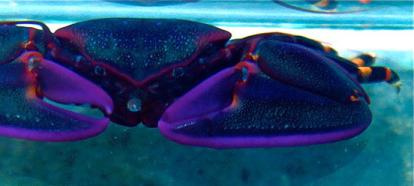 Jonathon Stillman studies physiological adaptations of porcelain crabs to environmental variation in order to understand responses of marine organisms to global climate change. Learn More: |
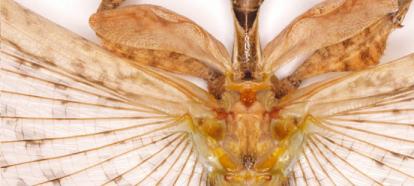 Our research spans the levels of the biological hierarchy from molecules to ecosystems. Learn More: |
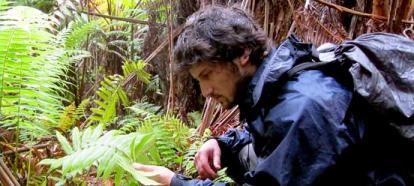 Collecting Hawaiian Happy Face Spiders (Theridion grallator) and several species of Tetragnatha in one of the Kipukas —native forests surrounded by lava fields—on the Kaumana trail. Learn More: |
 Cal Day is an opportunity to highlight some of the tremendous achievements at UC Berkeley. Learn More: |
 Studying the hairy toes of geckos has provided biological inspiration for the design of the first Lego robot to climb on smooth surfaces. Robert Full's Poly-PEDAL Lab explores the capabilities of many-footed animals—research has provided biological inspiration for the design of this multi-legged robot. |
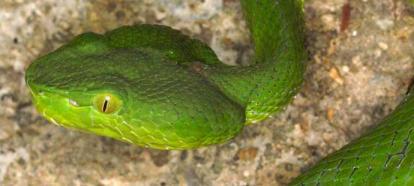 Learn More: |
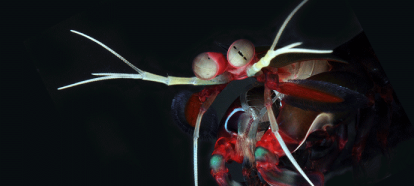 Roy Caldwell, Professor of Integrative Biology, studies the behavior and sensory ecology of these pugnacious denizens of the reef. Stomatopods, or mantis shrimps as they are commonly known, are marine predators found in most of the world's shallow seas. Learn More: |